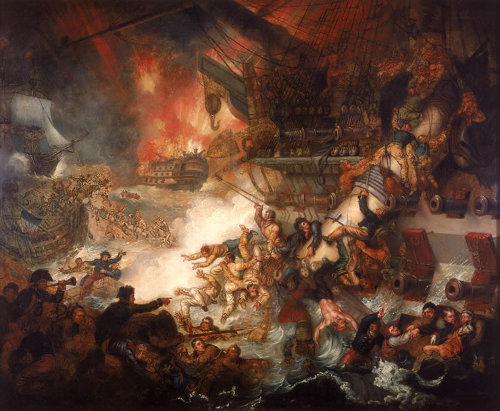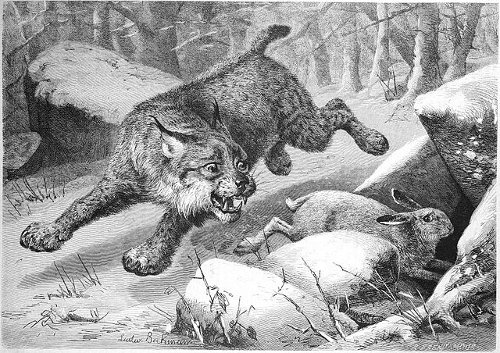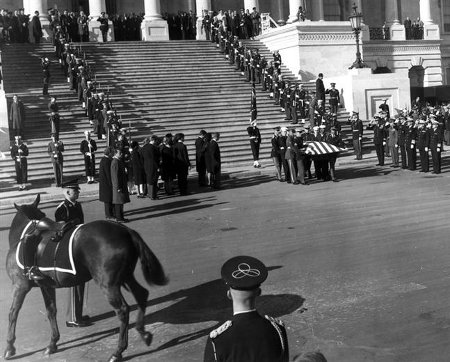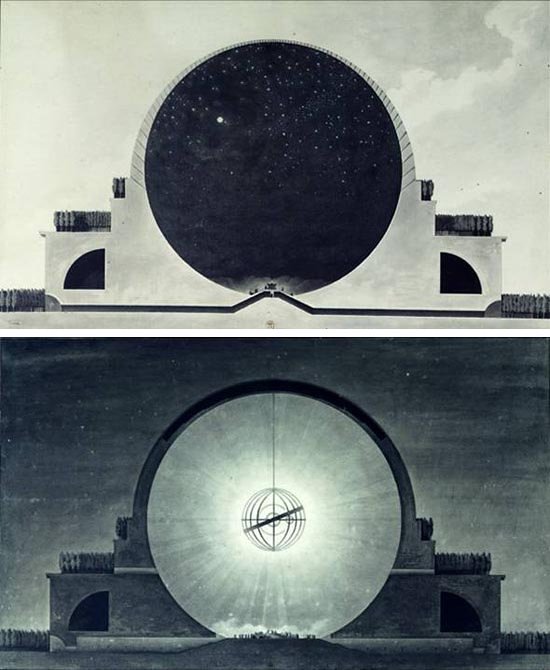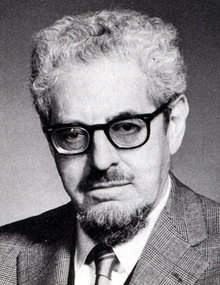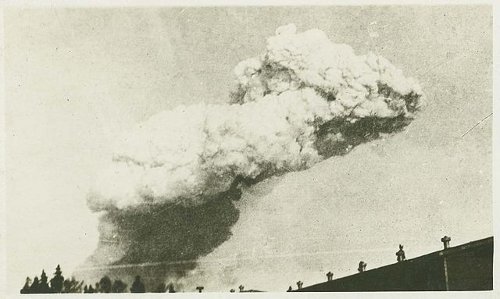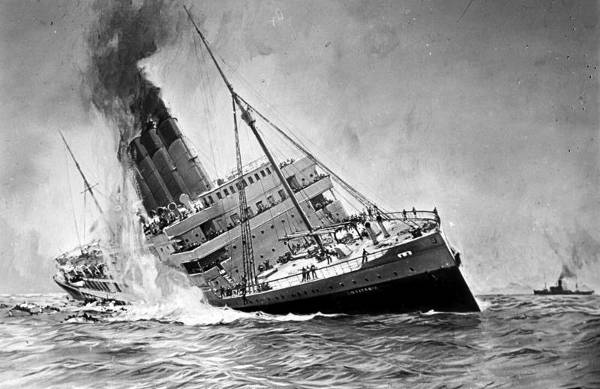
Elbert Hubbard died on the Lusitania. Ernest Cowper, a survivor of the sinking, described the writer’s last moments in a letter to Hubbard’s son the following year:
I can not say specifically where your father and Mrs. Hubbard were when the torpedoes hit, but I can tell you just what happened after that. They emerged from their room, which was on the port side of the vessel, and came on to the boat-deck.
Neither appeared perturbed in the least. Your father and Mrs. Hubbard linked arms — the fashion in which they always walked the deck — and stood apparently wondering what to do. I passed him with a baby which I was taking to a lifeboat when he said, ‘Well, Jack, they have got us. They are a damn sight worse than I ever thought they were.’
They did not move very far away from where they originally stood. As I moved to the other side of the ship, in preparation for a jump when the right moment came, I called to him, ‘What are you going to do?’ and he just shook his head, while Mrs. Hubbard smiled and said, ‘There does not seem to be anything to do.’
The expression seemed to produce action on the part of your father, for then he did one of the most dramatic things I ever saw done. He simply turned with Mrs. Hubbard and entered a room on the top deck, the door of which was open, and closed it behind him.
It was apparent that his idea was that they should die together, and not risk being parted on going into the water.

